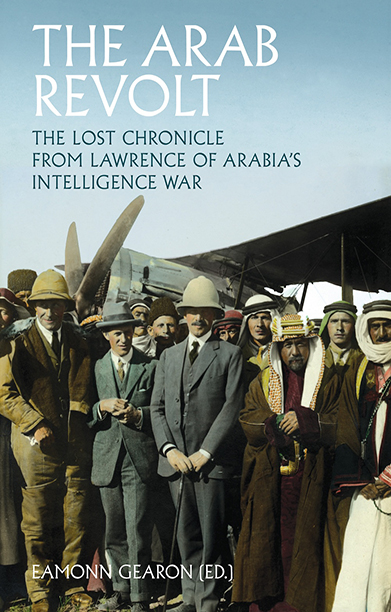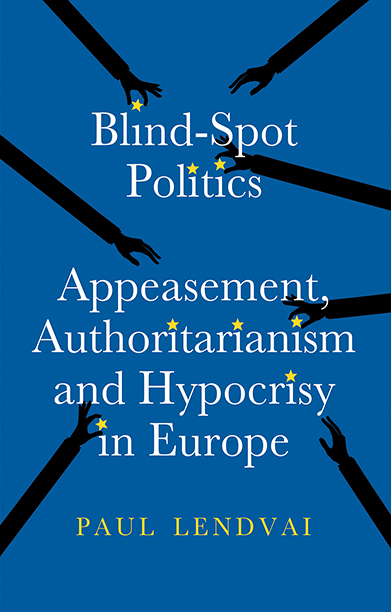Tribes and the State in Libya and Iraq
From the Nationalist Era to the New Order
An authoritative study of the enduring relevance of tribes in contemporary Iraq and Libya, investigating their complex relationships with state and society.
Description
Regime change in Libya (2011) and Iraq (2003) catapulted a host of sub-state actors to the fore, including tribes, which have emerged as influential political, security and social actors. But despite this increased role and visibility, tribes remain poorly understood. Often mistakenly associated with the ‘periphery’ or with ‘pre-national’ or ‘pre-modern’ forms of political organisation, they are routinely portrayed as the antithesis of the state. Yet tribes—the Middle East’s oldest, most enduring and most controversial social entities—have proved able to adapt and evolve, entering into mutually beneficial relationships with various regimes.
Based on interviews with tribal sheikhs, tribal representatives and other stakeholders, Alison Pargeter traces the role of the tribe in Libya and Iraq from the revolutionary nationalist period into the fraught transitions that followed. She reveals how tribes have succeeded in developing a presence in national and local political structures; how they have engaged and bargained with major powerbrokers; and how they have become important security providers in their own right. Contrary to modernist approaches seeking to write the obituary of the tribe, this book shows how tribes have not only survived in Libya and Iraq, but remain a key component of the state in both countries.
Reviews
‘Essential to grasping tribal influence.’ — Middle East Journal
‘This ambitious, compelling and comprehensive examination of the tribes of Libya and Iraq, by one of the most impressive scholars in Middle East Studies today, will almost certainly become the “classic” treatment of the subject.’ — Ronald Bruce St John, author of Historical Dictionary of Libya
‘Readable and thought-provoking. Pargeter has given us a thorough, perceptive, evidence-based analysis. Nothing is off-limits in this full-throated argument for why and when tribes matter, in strong states and weak ones, and in urban as well as rural settings.’ — Michael Knights, Jill and Jay Bernstein Fellow, The Washington Institute, and author of 25 Days to Aden: The Unknown Story of Arabian Elite Forces at War
‘An impressive analysis, unique in its intellectual scope and certainly one of the best available for understanding tribal–state relations in the contemporary Middle East.’ — Uzi Rabi, Director, Moshe Dayan Center for Middle Eastern and African Studies, Tel Aviv University, and editor of Tribes and States in a Changing Middle East
‘Moving beyond often caricatured narratives, this excellent book explores how tribes in Libya and Iraq operate in all of their complexity, as “multifaceted” bodies that play enduring roles in the negotiation of power in their respective states. Essential reading.’ — Tim Eaton, Senior Research Fellow, Middle East and North Africa Programme, Chatham House
‘An important and deeply researched contribution to the continuing debate over the role of tribes in Libya, past, present and future.’ — Mary Fitzgerald, Middle East Institute
Author(s)

Alison Pargeter is a senior visiting fellow at the Institute of Middle Eastern Studies, King’s College London. Her previous books include Return to the Shadows: The Muslim Brotherhood and An-Nahda since the Arab Spring; Libya: The Rise and Fall of Qaddafi; and The Muslim Brotherhood: From Opposition to Power.






